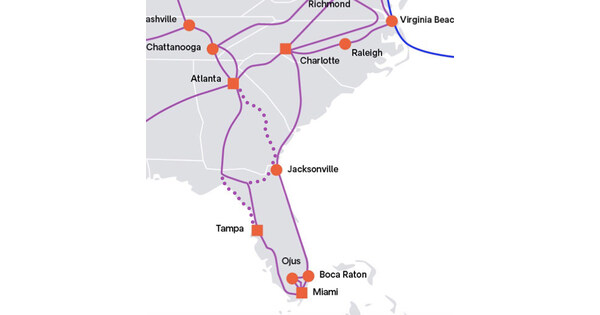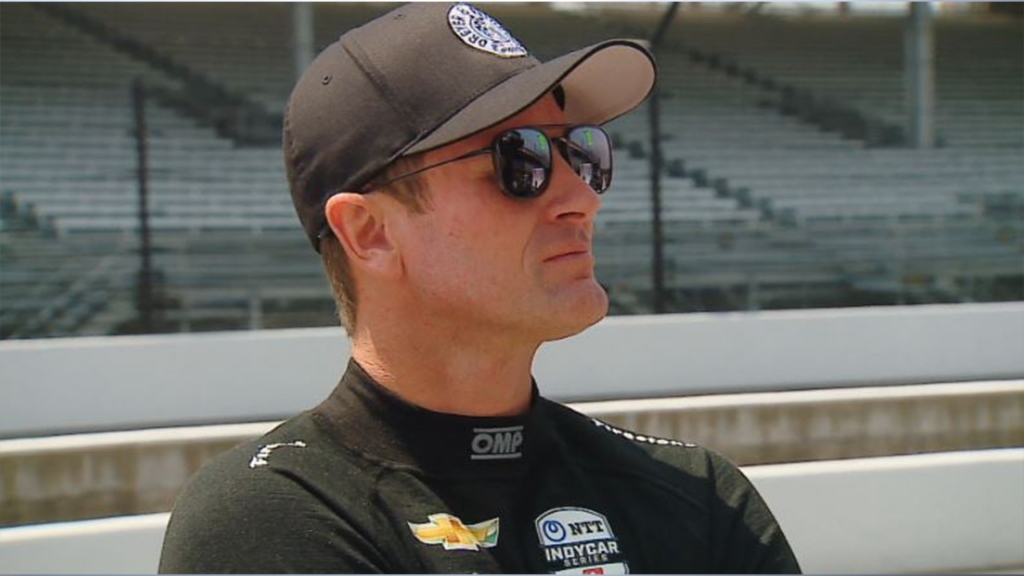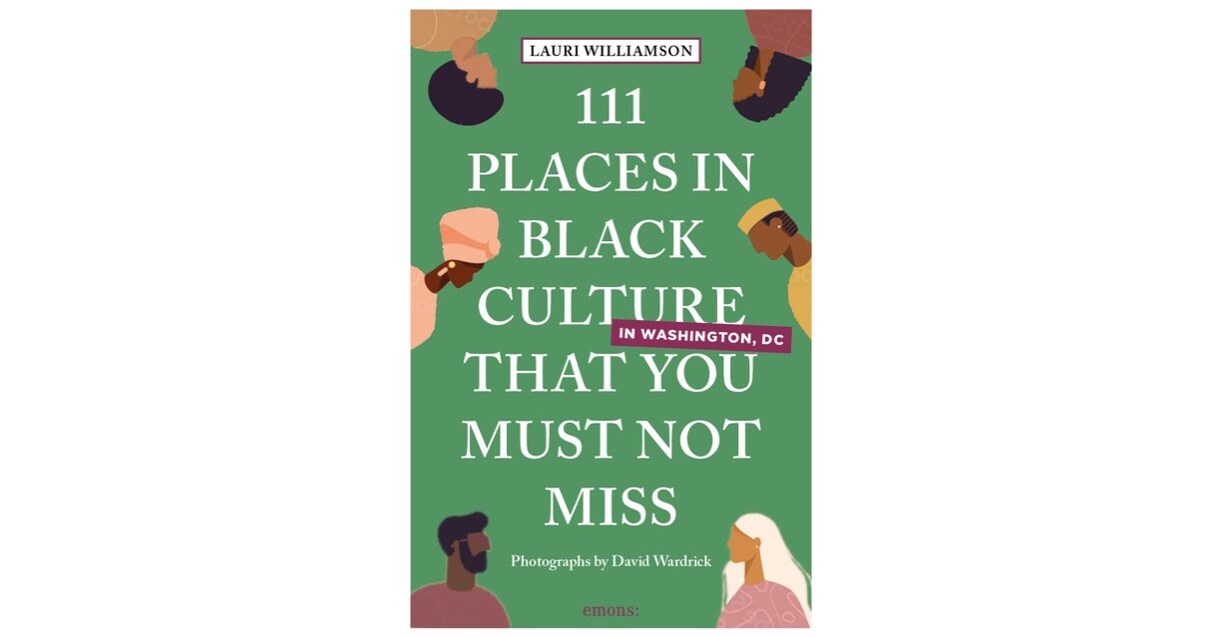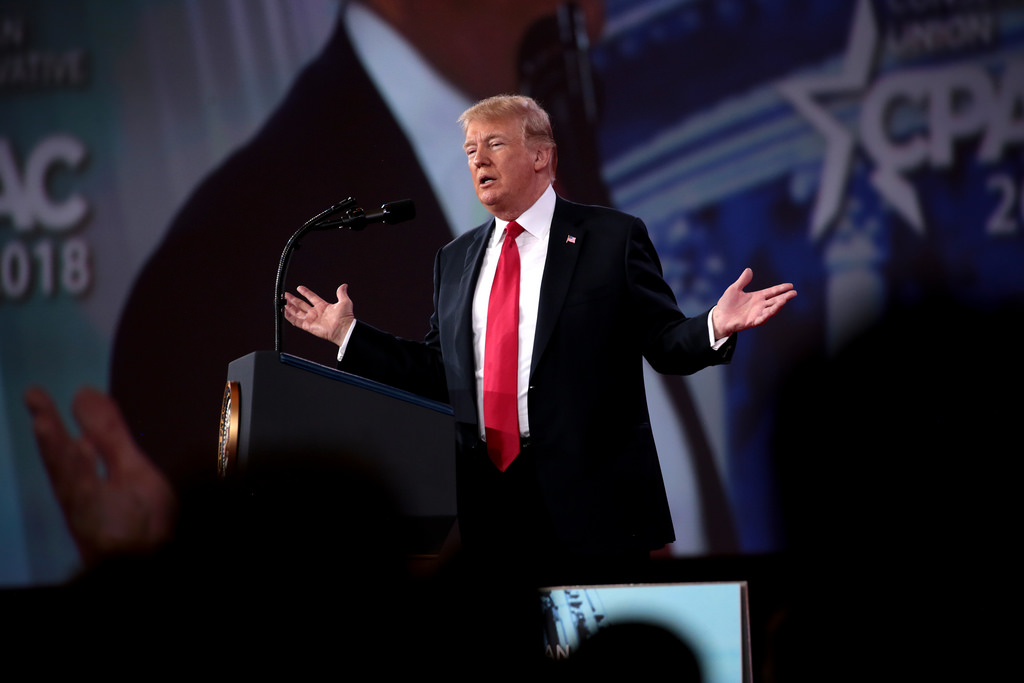WEIRTON, West Virginia — The hum is gone.
It was a sound that told locals that men and women were working. It told small businesses that have tried to hold on, after each cutback at the iconic steel mill that for over 100 years defined their skyline, that people would need their services. Services from mechanics that fixed their cars. Services from mom-and-pop shops that served them fresh sandwiches and Mountain Dew after their shifts. From grocers who filled their cupboards and ice boxes with staples to feed their families, and from barbers who relied on their biweekly haircuts to make ends meet.
In February, the announcement came from Cleveland-Cliffs to idle its Weirton plant after the U.S. International Trade Commission, which has two appointees from the Obama administration and two from the Trump administration, voted 4-0 to overturn a Department of Commerce recommendation. Commerce was in favor of implementing tariffs on tin imports from China, Germany and Canada, but the commission nixed them and also stopped an investigation of South Korean imports.
That ITC decision, made by appointees that likely have never been to Weirton or any other place in West Virginia, quite arguably sealed the fate of the last 900 workers as well as the fate of this region.
And outside of local West Virginia news coverage, no one heard the lives of thousands of people fall apart. No one heard the despair of having to relocate their families and the emotional and economic impact it would have on them.
The question is why? The answer is simple: They have no political power. The plant is in West Virginia, which has a small population and no major political figure nor any major industrial figure to lobby for them.
This is what happens when your lives are expendable to the rich and powerful.
And it’s not just here that is hurting because of the shutdown. The impact will be felt up and down the Ohio Valley. David A. Velegol Jr., who serves as mayor of Follansbee in Brooke County, just down the river, said the death of the mill is devastating to his tiny city.
“That is 25% of our tax base, how do you even begin to fill that gap?” he said of a region forged on steel but dying a death of a thousand cuts.
The sad thing is there were no cameras here to mark the end and no swell of protests to try to save their jobs, their town and their region. The moment has this sense of a tree falling in the forest and no one hearing it, except that it was a steel mill that fell, and no one in the national news heard the silence that followed.
All that is left here at the Weirton plant is the cleanup of the end of life.
Come tomorrow and the next day and the next day, 900 people will no longer report to work here, 900 people won’t stop at the local gas station, grocery store, barber shop or hardware store.
Some workers said they were hoping to transfer to other Cleveland-Cliffs plants, but that brought deep sadness in leaving behind family and a region they called home.
There is one glimmer of hope for this plant: Last week at a press conference at the Cleveland-Cliffs Butler facility in Pennsylvania, Chairman and CEO Lourenco Goncalves said he was going to expand the transformer production in the region, which could mean he would convert the Weirton plant to facilitate that. United Steelworkers Local 2911 President Mark Glyptis, who represents the 900 workers at this plant, told West Virginia MetroNews that he was optimistic but that no deal was set yet.
So the silence continues, with only the sound of a handful of workers keeping the idling plant from falling into despair. As for the sound of hope, well, for many people here, it has been dashed for decades, with each furlough taking a piece of their lives away from them.
Salena Zito is a CNN political analyst, and a staff reporter and columnist for the Washington Examiner. She reaches the Everyman and Everywoman through shoe-leather journalism, traveling from Main Street to the beltway and all places in between. To find out more about Salena and read her past columns, please visit the Creators Syndicate webpage at www.creators.com.
Photo credit: Ant Rozetsky at Unsplash































